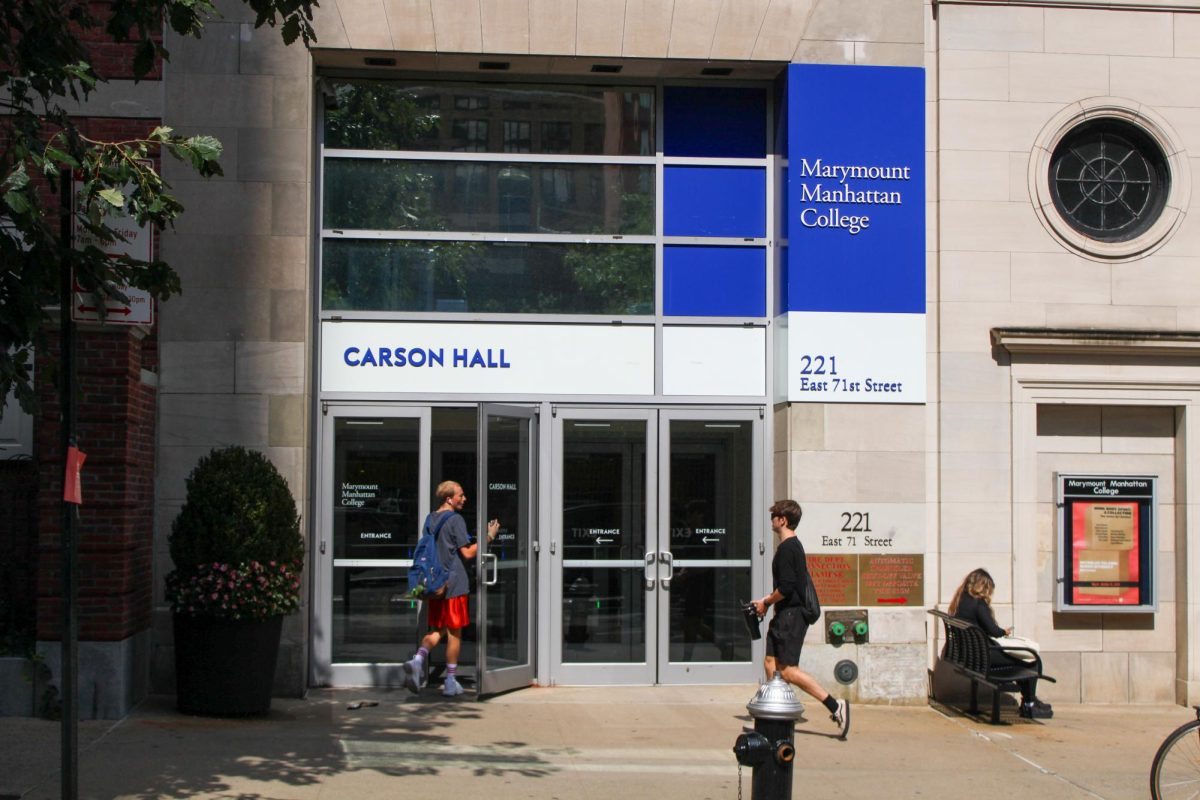To help control the rising cost of college tuition, lawmakers on Capitol Hill introduced new legislation to stablize prices throughout a students’ four or five year college career. The bill, entitled the College Affordability and Accountability Act, was unveiled by the Democratic staff members of the House Education and Workforce Committee on Nov. 18.
The College Affordability and Accountability Act is an attempt by lawmakers to put a stop to, or at least to slow down, the rising costs of college tuition. The proposed act, according to a one page description of the bill released by its authors, will provide additional aid to schools that keep their annual net tuition increases at a rate below or equal to the increase set in the Higher Education Price Index for the academic year and will force all schools to implement and report on cost control strategies.
The act was introduced in response to the “dramatic rises in college tuition” and the state’s declining support for higher education, according a press release from the office of the Senior Democrat on the Committee on Education and the Workforce.
Rep. John Tierney, D-Mass., one of the authors of the College Affordability and Accountability Act, said there was more than one reason for introducing the bill.
“We decided to introduce the legislation now because we are reauthorizing the Higher Education Act this year,” Tierney said. “We also felt that the bill the Republican Committee proposed earlier this year was taking away student aid because the schools did not comply with the tuition standards and that bill was punishing students for something out of their control.”
The authors of the act stated in th- description of the bill that “out-of-control” tuition increases within the past year have caused a 14.1 percent increase at four-year public institutions, a 13.8 percent increase at two-year public institutions and a 6 percent increase at private schools.
The act, which affects public or state schools more than it does private schools, is meant to “grab the state government’s attention when it comes to the role they play in the school system.”
“[The role] recently has been that states are cutting back on funds,” Tierney said.
The description of the bill also reports that the act would provide additional Pell Plus Grants to some schools, but “all colleges and universities would be required to implement and report on cost containment strategies.”
Northeastern’s Senior Vice President for Administration and Finance Larry Mucciolo is not bothered by the recent proposed legislation and its possible affects on NU.
“I don’t think we will have a problem living within the proposed cap, if approved,” Mucciolo said. “Unlike public institutions, we do not rely on instructional fees. That’s not to say that we wouldn’t do something, but I don’t see this becoming a big item.”
The effect that the act will have on Northeastern is of some concern to students, such as freshman business major David Rones.
“When I was first coming to Northeastern, I got a scholarship and then they raised tuition by $4,000. So, I think the bill will be better, especially for students, so that when you get financial aid or scholarships, you can make an immediate determination on how much you have to pay without worrying about price increases,” Rones said.
Other students said the act serves no real purpose.
“I think the act is kind of useless” said David Messina, a junior medical lab science major. “It’s really useless when schools will most likely be able to justify the cause [for rising tuition].”
Tierney is hopeful that the bill will pass because of the expected benefits it would bring to students.
“It all depends on the majority of the house that will want to discuss it,” Tierney said.









